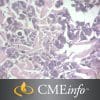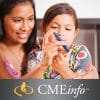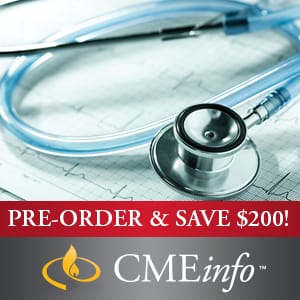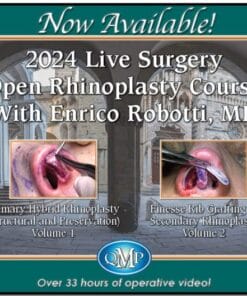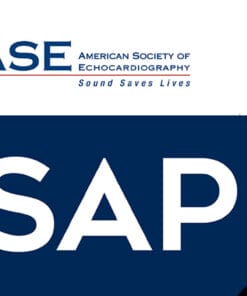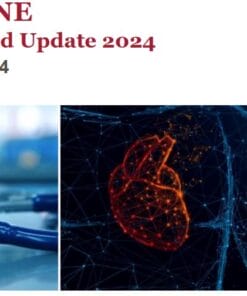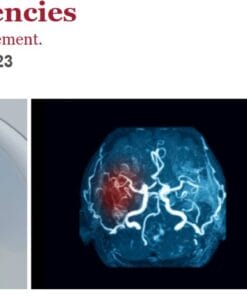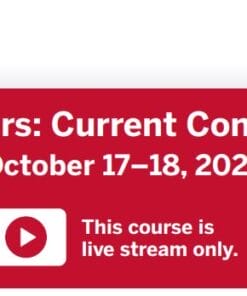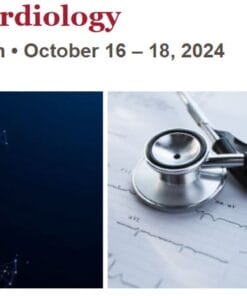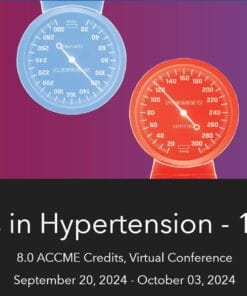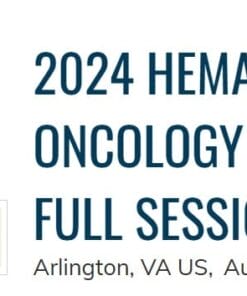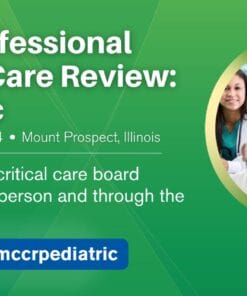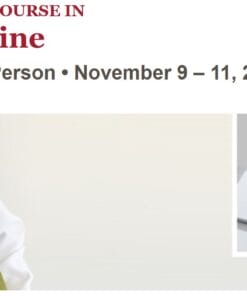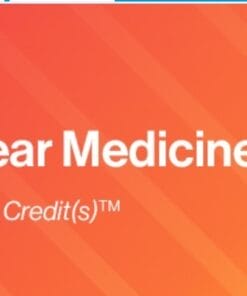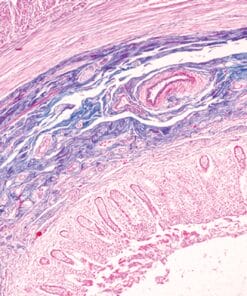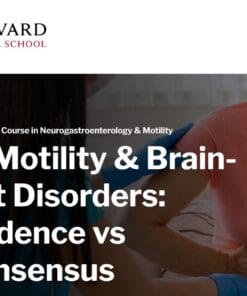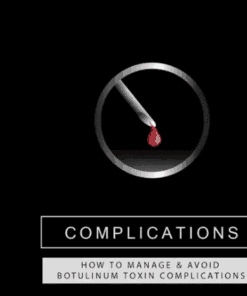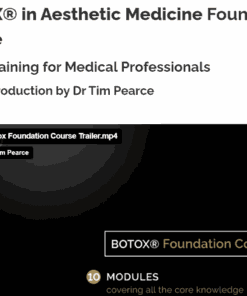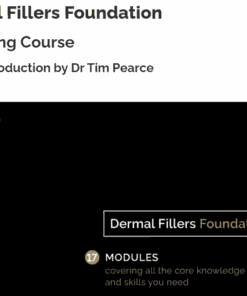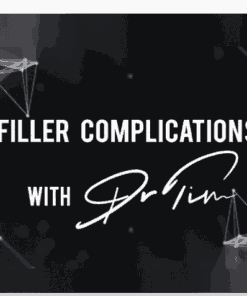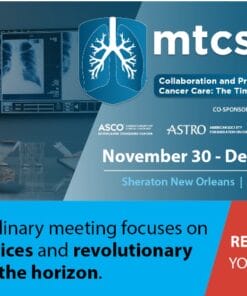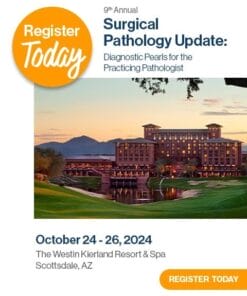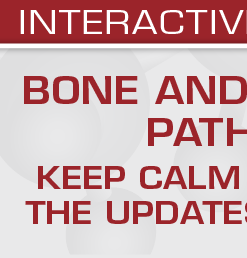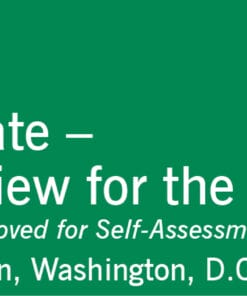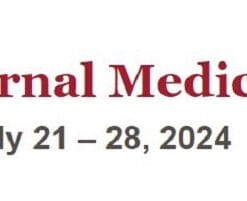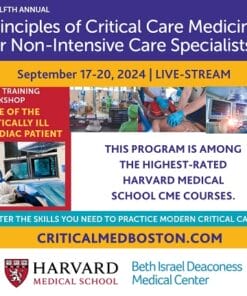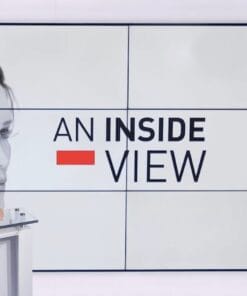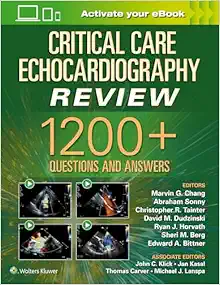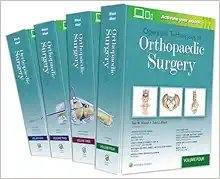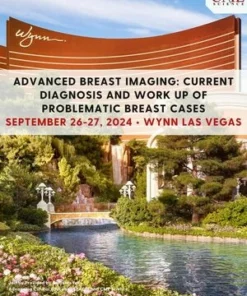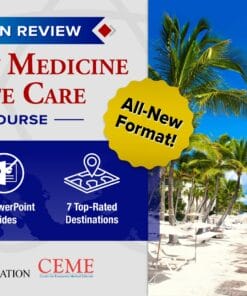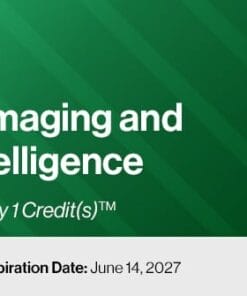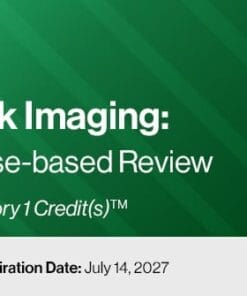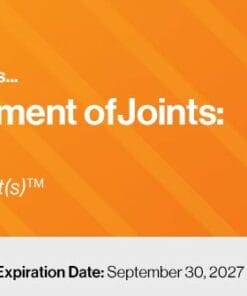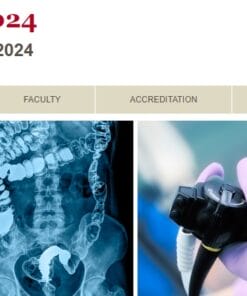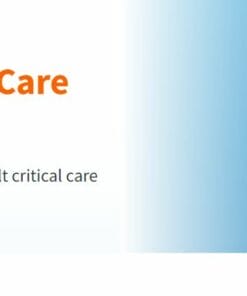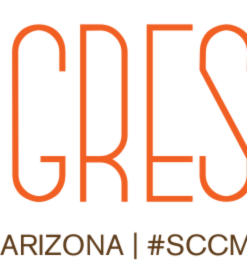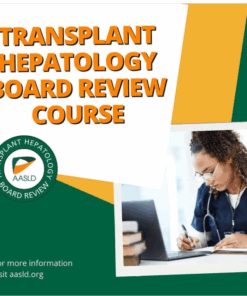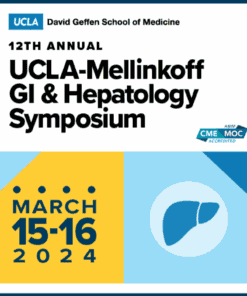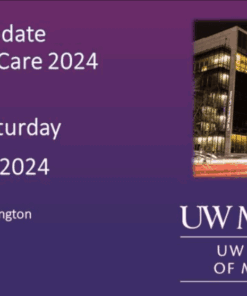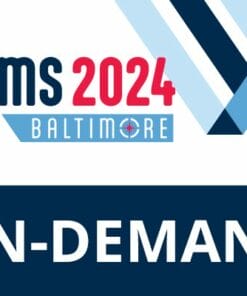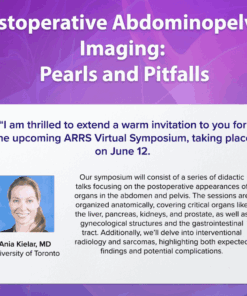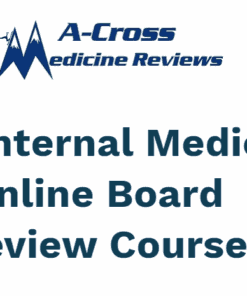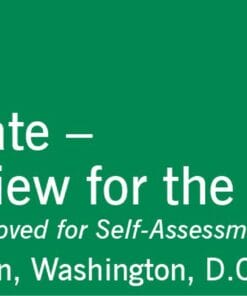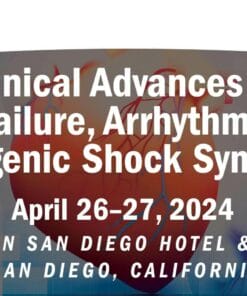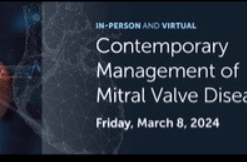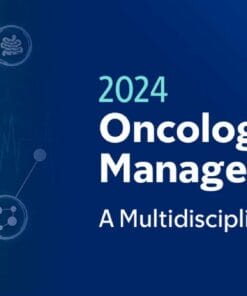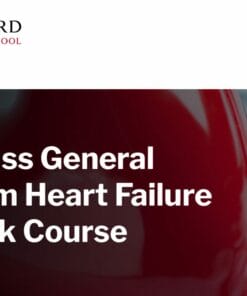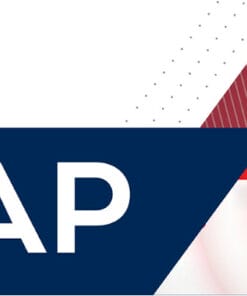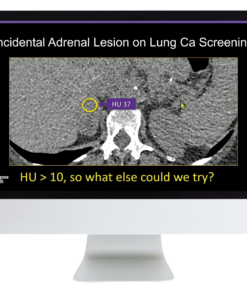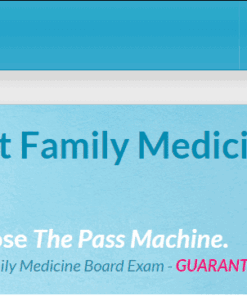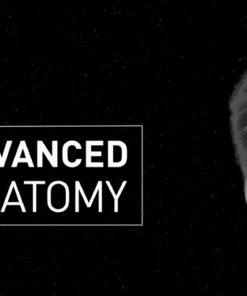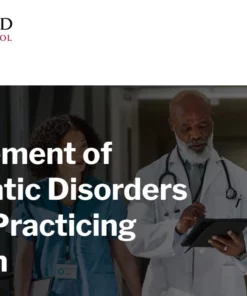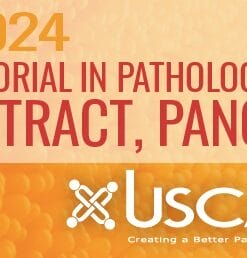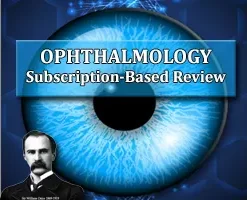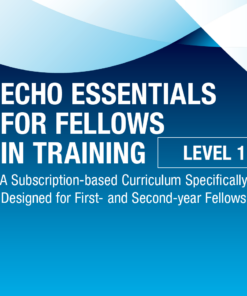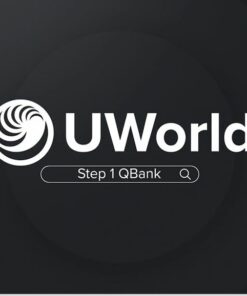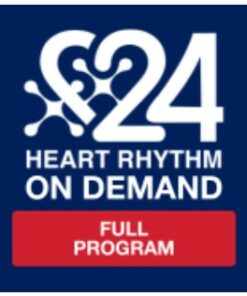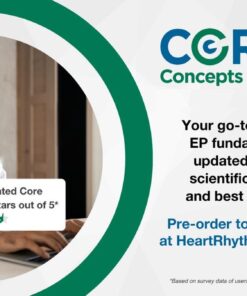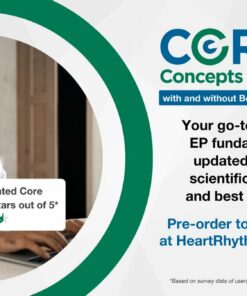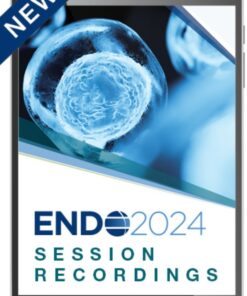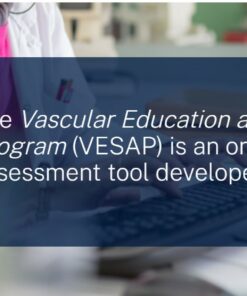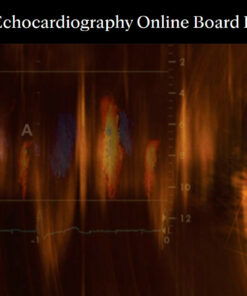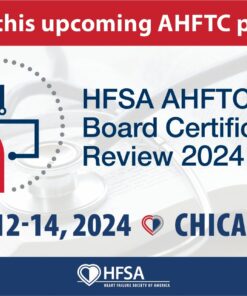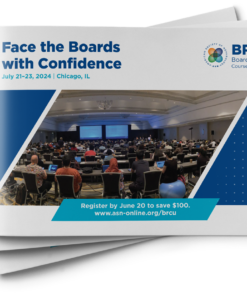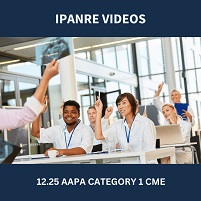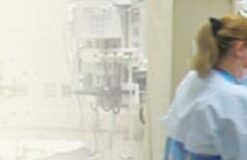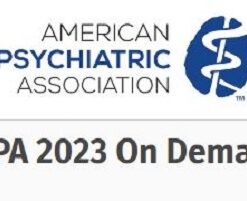Brigham and Women’s Hospital Board Review
Stay current with the latest in cardiovascular disease with this comprehensive board review course for CME and board exam preparation.
QUICK FACTS
Provider: Brigham and Women’s Hospital
Course Directors:
Susan Cheng, MD
Assistant Professor of Medicine
Harvard Medical School
Division of Cardiovascular Medicine
Department of Medicine
Brigham and Women’s Hospital
Patrick T. O’Gara, MD
Professor of Medicine
Harvard Medical School
Division of Cardiovascular Medicine
Department of Medicine
Brigham and Women’s Hospital
Course Director:
The Brigham Board Review
Distance Learning Series
Ajay K. Singh, MBBS, FRCP (UK), MBA
Senior Associate Dean for Global and
Continuing Education
Director, Master in Medical Sciences in
Clinical Investigation (MMSCI) Program
Harvard Medical School
Director, Office of
Postgraduate Medical Education
Brigham and Women’s Hospital
Explore Key Topics
The Brigham Board Review in Cardiology is a case-based, comprehensive look at evolving medical guidelines and therapeutic strategies. Lectures address a range of topics, including coronary and peripheral artery disease, heart failure, electrophysiology, adult congenital and valvular heart disease, pregnancy, non-invasive testing, and peri-operative risk assessment. This CME program will help you to:
- Apply current, recommended cardiology guidelines in clinical practice
- Identify and integrate current therapeutic options for specific cardiology disorders
- More effectively prepare for board exams
TOPICS
Coronary Artery Disease
- NSTEMI – Marc S. Sabatine, MD, MPH
- ST-Elevation Myocardial Infarction – Michelle O’Donoghue, MD
- Antithrombotic Therapies in ACS – Michelle O’Donoghue, MD
- Stable Ischemic Heart Disease – Benjamin Scirica, MD, MPH
Peripheral Artery Disease
- Lower and Upper Extremity – Piotr S. Sobieszczyk, MD
- Carotid Disease – Piotr S. Sobieszczyk, MD
- Renal and Mesenteric – Piotr S. Sobieszczyk, MD
Diseases of the Aorta
- Thoracic Aortic Disease – Marc P. Bonaca, MD, MPH
- Acute Aortic Syndromes – Marc P. Bonaca, MD, MPH
Venous Thromboembolic Disease
- Venous Thromboembolic Disease – Samuel Z. Goldhaber, MD
Prevention
- Lifestyle Recommendations for Prevention – Ron Blankstein, MD
- Lipids – Jorge Plutzky, MD
- Hypertension – Naomi Fisher, MD
- Diabetes – Jorge Plutzky, MD
- Obesity – Paul Cohen, MD, PhD
Heart Failure
- Pathophysiology – Anju Nohria, MD
- Cardiomyopathies – Neal K. Lakdawala, MD
- Systolic Heart Failure – Akshay S. Desai MD, MPH
- Heart Failure with Preserved Ejection Fraction – Akshay S. Desai, MD, MPH
- Mechanical Circulatory Support – Garrick C. Stewart, MD
- Transplantation – Michael M. Givertz, MD
- Pulmonary Hypertension – Aaron B. Waxman, MD
- Cardio-Oncology – John Groarke, MD, MPH
Electrophysiology
- Anti-Arrhythmic Drugs – Roy M. John, MD, PhD
- Atrial Fibrillation and Atrial Flutter – Gregory Michaud, MD
- Supraventricular Tachycardias – Usha B. Tedrow, MD, MS
- Ventricular Tachycardia – William Stevenson, MD
- Conduction Disease – Bruce A. Koplan, MD
- Pacemaker Therapy – Usha B. Tedrow, MD, MS
- ICD Therapy – Usha B. Tedrow, MD, MS
- Syncope – Usha B. Tedrow, MD, MS
Adult Congenital Heart Disease
- Adult Congenital Heart Disease – Michael Landzberg, MD
Pregnancy
- Pregnancy and Cardiovascular Disease – Anne Marie Valente, MD
Valvular Heart Disease
- Mitral Valve Disease – Akshay S. Desai, MD, MPH
- Aortic Valve Disease – Peter Stone, MD
- Tricuspid and Pulmonic Valve Disease – Akshay S. Desai, MD, MPH
- Prosthetic Valve Disease – Akshay S. Desai, MD, MPH
- Endocarditis – Akshay S. Desai, MD, MPH
Pericardial Disease
- Pericardial Disease – Leonard S. Lilly, MD
Non-Invasive Testing
- Nuclear/PET Imaging – Marcelo F. Di Carli, MD
- Echocardiography – Justina Wu, MD, PhD
- Cardiovascular CT Imaging – Ron Blankstein, MD
- Cardiac Magnetic Resonance Imaging – Raymond Y. Kwong, MD, MPH
Peri-Operative Risk Assessment
- Peri-Operative Risk Assessment – Marc P. Bonanca, MD, MPH
Learning Objectives
Upon completion of this activity, participants will be able to:
- Apply current/recommended cardiology guidelines in clinical practice
- Perform differential diagnosis of complex clinical presentations related to cardiology disorders
- Identify/integrate current therapeutic options for specific cardiology disorders
- Analyze and interpret up-to-date literature relevant to clinical practice in cardiovascular medicine
- Express knowledge of pathophysiology as it applies to management of cardiology disorders
- Apply knowledge gained to the ABIM certification/recertification cardiology examinations
Intended Audience
The primary group of learners will be fellows/trainees and practicing cardiology specialists (MDs) and other professional affiliates (internists with an interest in cardiology) who are preparing to take ABIM Board Review or Recertification Examinations or who seek CME activities to improve patient care in the area of Cardiovascular Medicine.
Date of Original Release: December 1, 2016
Date Credits Expire: December 1, 2019
Estimated Time to Complete: 32.25 hours
Contact Hours: 32.25 hours


